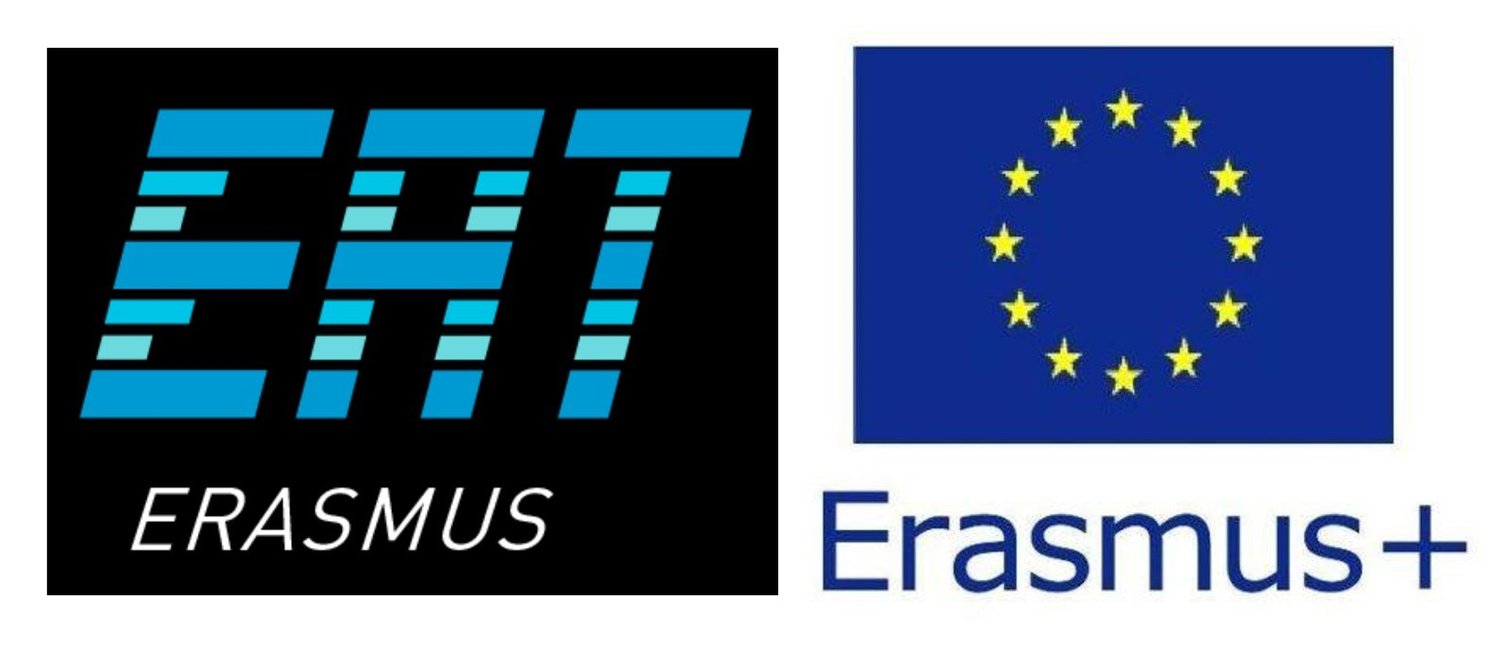4.2 Using SRL activities as a learning tool
There are a number of useful frameworks to support the implementation of SRL approaches:
Learner-focused: Winne's (2019) model places emphasis on the planning phase which all too frequently does not receive sufficient attention. The 4-phase model to support learners in developing SRL includes:
Phase 1: The learner identifies the constraints and affordances that they perceive will impact on the task. These can be internal or external factors.
Phase 2: The learner develops goals and aims for the learning activity and plans for how to achieve those goals.
Phase 3: The learner puts that plan into action and undertakes the activity in doing so.
Phase 4: The learner re-evaluates the first 3 phases and reflects how to embed the lessons learned in future work.
The phases outlined above do not necessarily need to occur in this order. Phase 4 may occur at the beginning of the process or be absent altogether. Taken together, observation of these phases can track a learner’s aptitude in these different key SRL activities, and also while they are engaged in learning.
The phases outlined above do not necessarily need to occur in this order. Phase 4 may occur at the beginning of the process or be absent altogether. Taken together, observation of these phases can track a learner’s aptitude in these different key SRL activities, and also while they are engaged in learning.
Educator Focused: In embedding SRL throughout the curriculum, Zimmerman’s (2000) four stage development model is useful. This approach highlights the importance of clear programme blueprints for educators and students in outlining the progressive development of knowledge and skills within and across modules. Students need concrete opportunities to observe alternative ways of approaching learning and multiple opportunities to use new knowledge and skills in order to develop competence, ownership and adaptation capacity.
Zimmerman’s (2000) four stage development model to support SRL development include:
(i) Observation involving vicarious learning from others
(ii) Emulation – guided support in developing practice
(iii) Self-Control – applying ideas in practice
(iv) Self-Regulation – ownership of ideas and practices and ability to adapt and use across contexts

